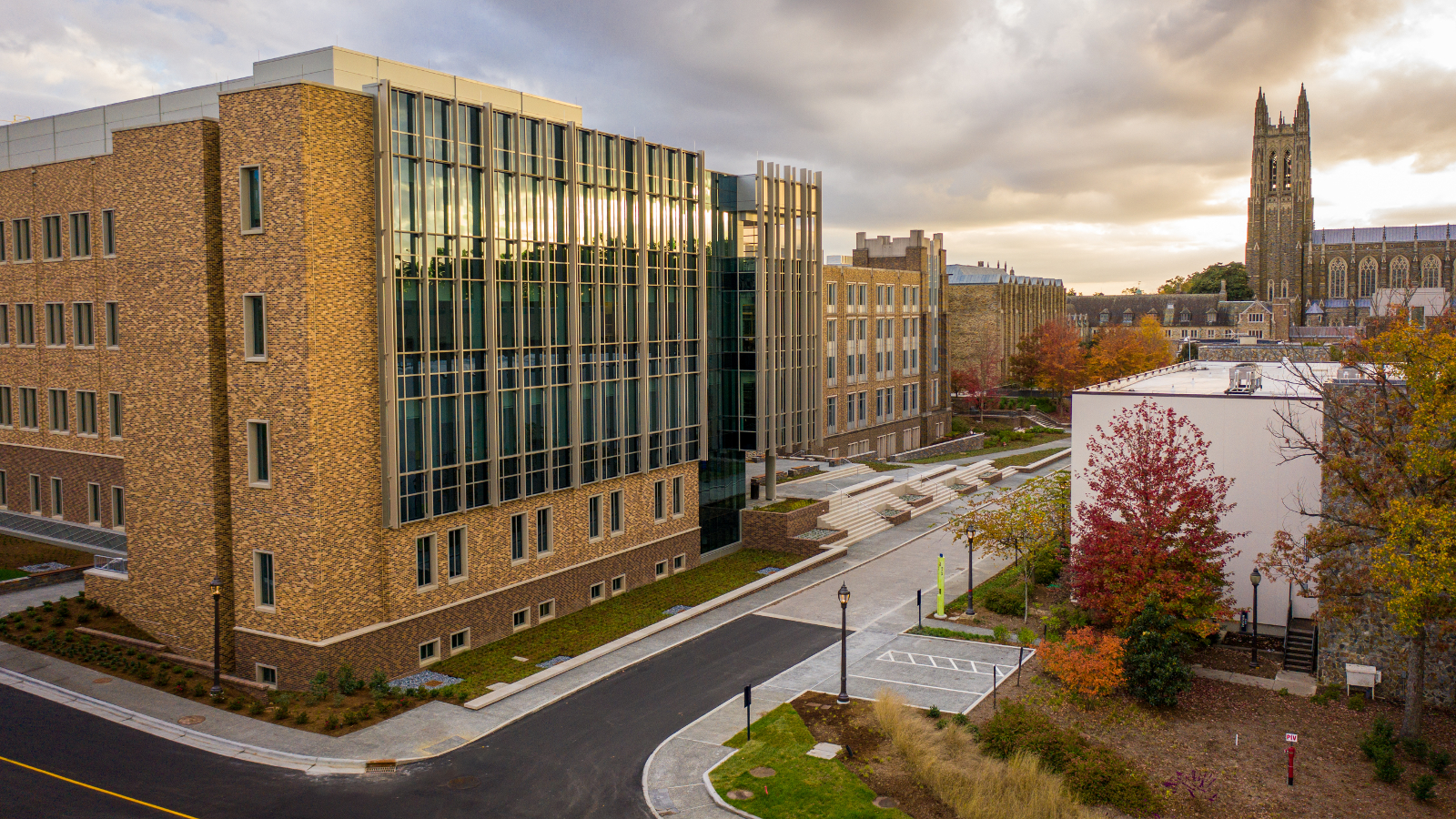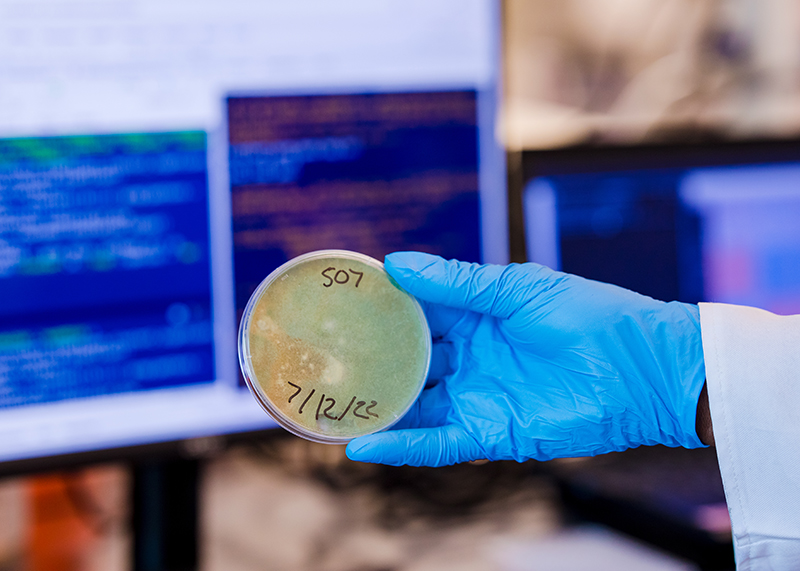PhD Admissions
Earn Your Doctorate at Duke
Completing a PhD in engineering is hard. Really hard.
But a rigorous and comprehensive Duke doctorate stands out. With one, you can just about go anywhere and do just about any thing.

Duke: The Path to a High-Impact Career
Wherever your path leads you, a Duke PhD will ensure you’ll arrive prepared to make a difference.

Diversity Makes Better Engineers
An optimist sees the glass as half full. A pessimist? Half empty. An engineer sees a glass that’s twice as big as it needs to be. Point is, engineers see things differently. Duke engineers see things very differently. Why use glass at all? Can we create a more efficient material? Ooh, should we include a water quality sensor? Here, we value different backgrounds and ways of thinking—because new approaches generate new solutions.
Our commitmentFacilities: Welcome to Wilkinson
The newest of our buildings is 81,000 square feet of transformational design. Inside Wilkinson are research neighborhoods focused on advances in health, computing and the environment.
Dedicated workspaces for doctoral students feature natural light and campus views.

Durham and Beyond
Location. Location. Location.
At the north vertex of North Carolina’s famed Research Triangle, the city of Durham is essential to the Duke Engineering experience. Among our neighbors are hundreds of startups and standard bearers both private and public, a growing collection of James Beard Award-winning chefs, and a quickly growing community and skyline. River rafting, trail hiking, mountain climbing and sandy beaches are all just a couple hours’ drive away.
It doesn’t take an advanced degree to see why Durham is the #3 best place to live in America according to U.S. News and World Report, but come get one here anyway.



















Interested in joining our community?
Start a conversation with Duke.




